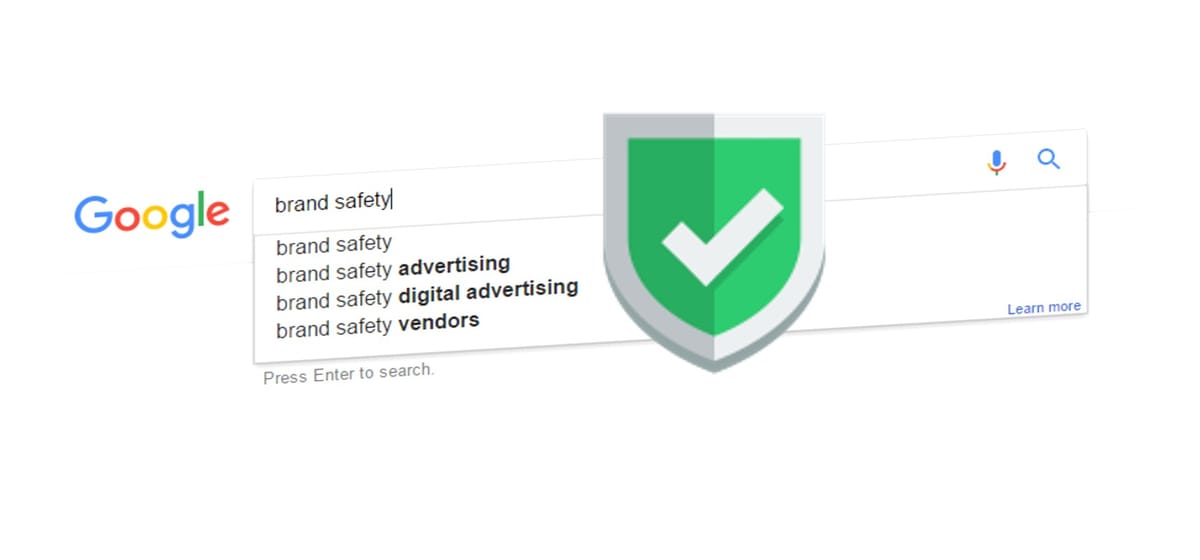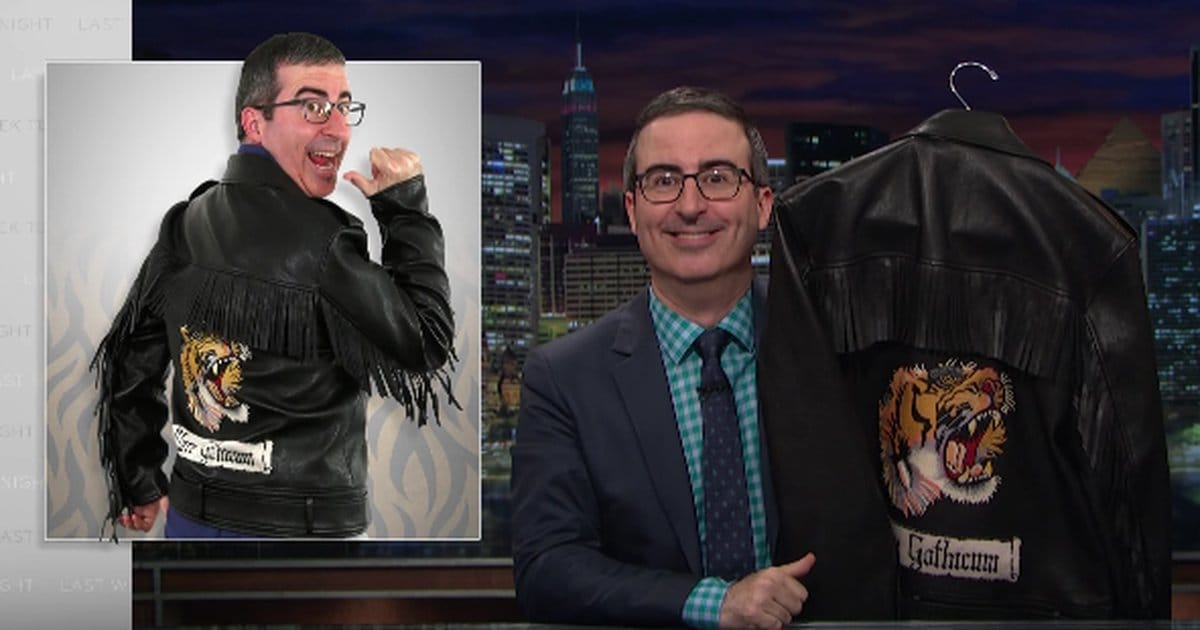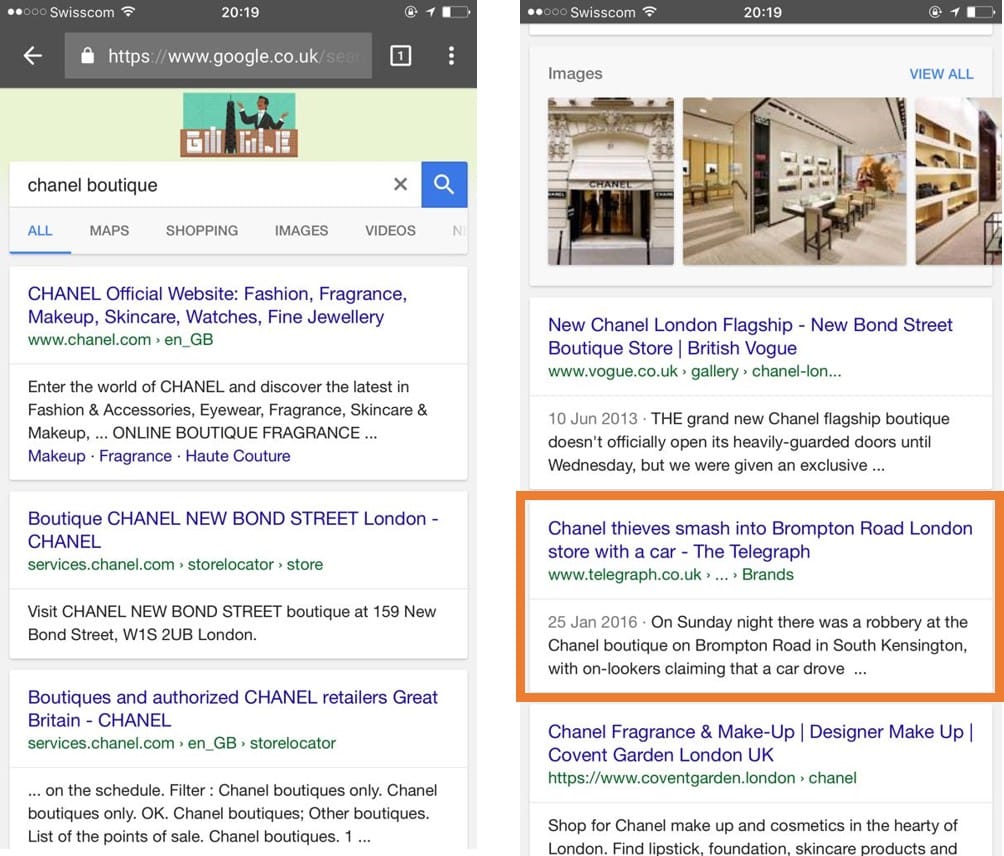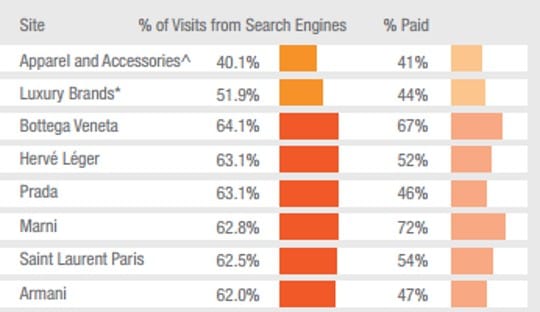Brand Safety and Reputation issues in Search Marketing. Should you be concerned?

Unfortunately, yes. It is a critical topic that requires your attention.
Read on to understand the context, discover the obvious problems and how to tackle these key issues.
Those of us in the media and marketing world would have definitely come across the latest buzz on Brand Safety and Reputation.
All the recent attention to this topic propelled when a few big brands and agencies decided to stop media investments in Google and YouTube properties, as a result of their advertisements being displayed in sensitive content that was terrorism propaganda related. This crisis started in the UK and went viral globally. Since then, the digital and marketing ‘gurus’ have been discussing the importance of creating a safe advertising environment in the online space.
In short, this has led everyone in the marketing industry to overhaul priorities and consider ‘brand safety’ to be of utmost importance. As a consequence, Google made efforts to ensure advertisers are now able to monitor objectionable content and take action to prevent ads from showing up next to sensitive content. This is a first milestone in taking measures to ensure Brand Safety from both parties: Advertisers and Publishers (such as Google and Facebook).
However, I find that this issue has been of concern only on display, social and video ads on the world wide web until now. Search Marketing is a forgotten channel in these discussions.
Those of you who have worked with me would probably know that I have been talking about this for quite a long time (early since I started my career in digital marketing as an SEO/Analytics specialist almost 10 years ago).

Why is there a sudden urgency to talk about this now?
On Sunday, April 2nd, John Oliver did a small segment to poke fun at Gucci leather jackets on his episode about Marijuana. This prompted me to share my thoughts and suggestions on how brand reputation can be affected by inadvertent content. See the John Oliver entire segment here
Why is this an issue?
As an impact of this John Oliver segment, Gucci may potentially end up trending on social media for the unintended reasons. Would Gucci prefer to have John Oliver’s jab at their products featured when someone searches for "Gucci leather jacket"? Absolutely NOT.
Similarly, last year, my emotions were triggered when I searched for "Chanel boutique" and found news about a robbery in one of their boutiques in the top positions on the search results page.

It is unfortunate that luxury brands are more likely and highly prone to such distressing events. Brands are certainly working on preventing such attacks and are ramping up their security measures.
These distasteful situations are not entirely limited to the luxury industry. Even brands in the Consumer Packaged Goods (CPG) industry can be a victim of damaging their brand reputation with negative product reviews. For example, Samsung’s Galaxy Note 7 product reviews have tainted the ‘Samsung’ brand reputation).
How can brands react and protect their reputation after such events or reviews?
1) Paid Search Control:
On Search Engine Advertising (SEA) / sponsored links, brands have the option to pick and choose which keywords they buy in order to show their search ads. Likewise, they also have the options to choose which keywords not to appear on. Thus, adding negative keywords such as ‘attack’ or ‘robbery’ in their SEA campaigns can help avoid ads to appear for those search queries.
2) Optimise Organic Search presence:
Natural/organicNatural/organic search links are the place where brands have a lasting and damaging impact on their reputation. This is because most brands do not invest adequate resources to optimise their search results page presence (also known as Search Engine Optimisation - SEO).
2) Optimise Organic Search presence:
Natural/organic search links are the place where brands have a lasting and damaging impact on their reputation. This is because most brands do not invest adequate resources to optimise their search results page presence (also known as Search Engine Optimisation - SEO).

Take the luxury industry for example. Most of the luxury brands are dependent on the paid search traffic and thus invest more efforts on SEA compared to SEO. The 2015 PM Digital Analytics report clearly showcases this imbalance. Read the full report.
How can brands ensure that their SEO efforts are able to shield their reputation on search pages?
- Create Content:
Remember a few years ago, marketing professionals were on the "Content is king" bandwagon. This holds true until today. Brands need to take control and tell their stories through their own websites and not be limited to social platforms alone (i.e. Facebook Stories, Instagram Stories, etc.). Based on my experiences of managing many SEO clients, I will argue that content and SEO are not limited to link building but content can even help generate leads through SEO. These content have a genuine chance of fighting against damaging search links.
- Build an ‘influencer marketing’ tactic:
Influencer marketing has the potential to dominate 2017 as it is getting noticed and continuing to be tested. Brands are eager to pilot this tactic by working with influential users on various social platforms such as Instagram or Snapchat. In the Bloglovin report, marketers state their intention for the use of this tactic as a reason for driving social media engagements. However, it can be seen that only a few believe that influencer marketing adds value to SEO. If you are interested in leveraging influencers for SEO, check this article for quick tips.
- Enrich current Native Advertising / PR activities:
Every brand is working with various media houses (like CNN, Le Monde, Vogue, etc., including local and regional media publishers) for both PR and Native Advertising solutions. Not many have actually realized that they can already leverage it for SEO. I let Upfluence's Microsoft case study convince you with a proven practice. The case study showcases how Microsoft used native advertising to achieve its own ad campaign goals. And, as a bonus, they were also able to gain more SEO presence thanks to these native articles.
Brand safety and reputation issues are just the tip of the iceberg in the vast digital marketing landscape. Brands need to be more proactive in identifying key issues in the industry and finding concrete solutions.
Have you thought about it for your brand?
